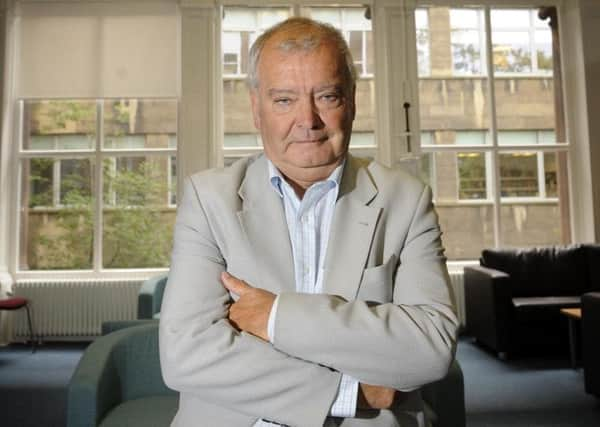Historian Tom Devine says sectarianism dying in Scotland


Sectarianism in Scotland is in its dying days, according to Sir Tom Devine, Scotland’s most pre-eminent historian.
Delivering a speech at Glasgow University last week, Mr Devine also said that the status of Scotland’s Catholic schools is more secure than it has ever been.
Advertisement
Hide AdAdvertisement
Hide AdGiving the Cardinal Winning lecture, Mr Devine said that anti-Catholic discrimination had been reduced to just verbal abuse in pockets of Scotland, such as Ayrshire and Lanarkshire.
Mr Devine said that even though politicians and lawmakers are members of humanist societies, he doesn’t see that as an existential threat to Catholic schools.
He said: “The Catholic schools system clearly still has its enemies. I know that there are people who worry about their future, but I don’t worry.
“Catholic schools in Scotland are more armour plated than they ever were.
“I look forward to that system, that has produced remarkable affects for a poor immigrant community in a hostile nation, prevailing for a long time to go.”
Mr Devine also said that the ethos of Catholic schools can also have a societal benefit.
He added that with ‘dispassionate social observes’ Catholics schools “have the knack for producing social capital – empathetic people with a keen sense of social justice.”
The Catholic church is preparing to mark 100 years since the passing of the 1918 Education Act that integrated Catholic schools into the state school system.
Advertisement
Hide AdAdvertisement
Hide AdMr Devine said that a decline in sectarianism, which he said was on its deathbed in Scotland, and the integration of Catholics into Scottish society, had ended ‘the automatic vote for one particular party by the Catholic community.’
